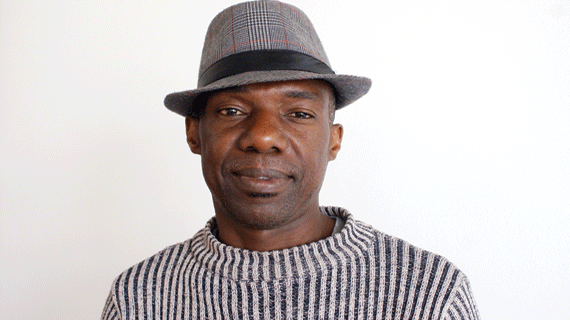
THE story about the wedding last week was true right to the last full stop. The names were only left out to protect the innocent . . . and the guilty.
– Lenox Mhlanga Talking about being guilty, I seem to be culpable of denigrating the medical profession in an article I wrote some weeks ago.
However, no doctor to date has been brave enough to sue me, which means that what I wrote was pretty close to the truth. In fact, scores of disgruntled patients wrote in to thank me for having said what they were afraid to expose.
Except that there was a grim warning that I should not get sick any time soon.
Allow me to divert that attention to another profession that I put under the spotlight, the law profession. Well you thought you would get away with it? Sue me if you like.
It is said that a philosopher is a fool who torments himself during life, to be spoken of when dead. A criminal is a guy no different from the rest of us except that he got caught.
A doctor is a person who kills your ills by pills, and kills you with his bills while a lawyer is someone who is paid handsomely to lie on our behalf when we are in hot soup.
Let me state from the outset that I have friends and relations who are lawyers.
- Chamisa under fire over US$120K donation
- Mavhunga puts DeMbare into Chibuku quarterfinals
- Pension funds bet on Cabora Bassa oilfields
- Councils defy govt fire tender directive
Keep Reading
So I have nothing personally against them. Knowing lawyers as we do, they will laugh it off in public then privately sue me to the m#&*!
Much has been said about the law profession, but not enough.
Lawyers are rarely on the receiving end.
I guess because they have the singular distinction of playing hero and villain at the same time.
That depends on which side of the law you happen to fall.
The lawyer is supposed to lie you out of trouble.
That is his job.
You pay him, he lies, you are freed or you go down, end of story.
Edward Ward, an English lawyer and judge in the 16th Century admitted that a good lawyer is a great liar.
An individual who chose to remain anonymous went one better by defining a lawyer as a liar with a permit to practice.
Movie mogul Samuel Goldwyn once said it is hard to say whether doctors of law or of divinity have made the greater advances in the lucrative business of mystery.
French essayist, novelist, playwright and diplomat Jean Giradoux said that there is no better way to exercise the imagination than in the study of the law.
“No artist ever interpreted nature as freely as a lawyer interprets the truth,” he once said.
In my research for this article, I came across some lawyer barbs (insults) which are quite, eh, funny.
For instance, how many lawyers does it take to change a light bulb? None, they’d rather keep their clients in the dark.
How do you know when a lawyer is not lying? When his lips stop moving.
In the United States, one juror was overheard saying to another: “You’ll notice that neither the prosecutor nor defence attorney swore to tell the truth!” I will look out for that one the next time I am in court.
In other news, a man sat down at a bar, looked into his shirt pocket and ordered a double scotch.
A few minutes later, the man again peeked into his pocket and ordered another double.
This routine was followed for some time, until after looking into his pocket, the man told the bartender he’d had enough.
The bartender said: “I’ve got to ask you, what’s with the pocket business?”
“Oh,” said the man, “I have my lawyer’s picture in here and when he starts to look honest, I know I’ve had enough.”
Then there was a time when a university committee was selecting a new dean.
They had narrowed the candidates down to a mathematician, an economist and a lawyer.
Each was asked this question during their interview: “How much is two plus two?” The mathematician answered immediately, “Four.”
The economist thought for several minutes and finally answered, “Four, plus or minus one.” Finally the lawyer stood up, peered around the room and motioned silently for the committee members to gather close to him.
In a hushed, conspiratorial tone, he replied, “How much do you want it to be?”
Then how about this one about two lawyers who were walking along negotiating a case.
“Look,” said one to the other, “let’s be honest with each other.”
“Okay, you first,” replied the other, and that was the end of the discussion.
Finally, a lawyer was talking to a client after winning their case.
“Now that you have been acquitted, will you tell me truly, did you steal the car?”
Client to lawyer: “After hearing your amazing argument in court this morning, I’m beginning to think I didn’t.”
After all has been said by me and others not necessarily impressed by them, lawyers should consider the following as their motto: “The facts in a case, although interesting, are irrelevant.”
Lenox Mhlanga is a social commentator










